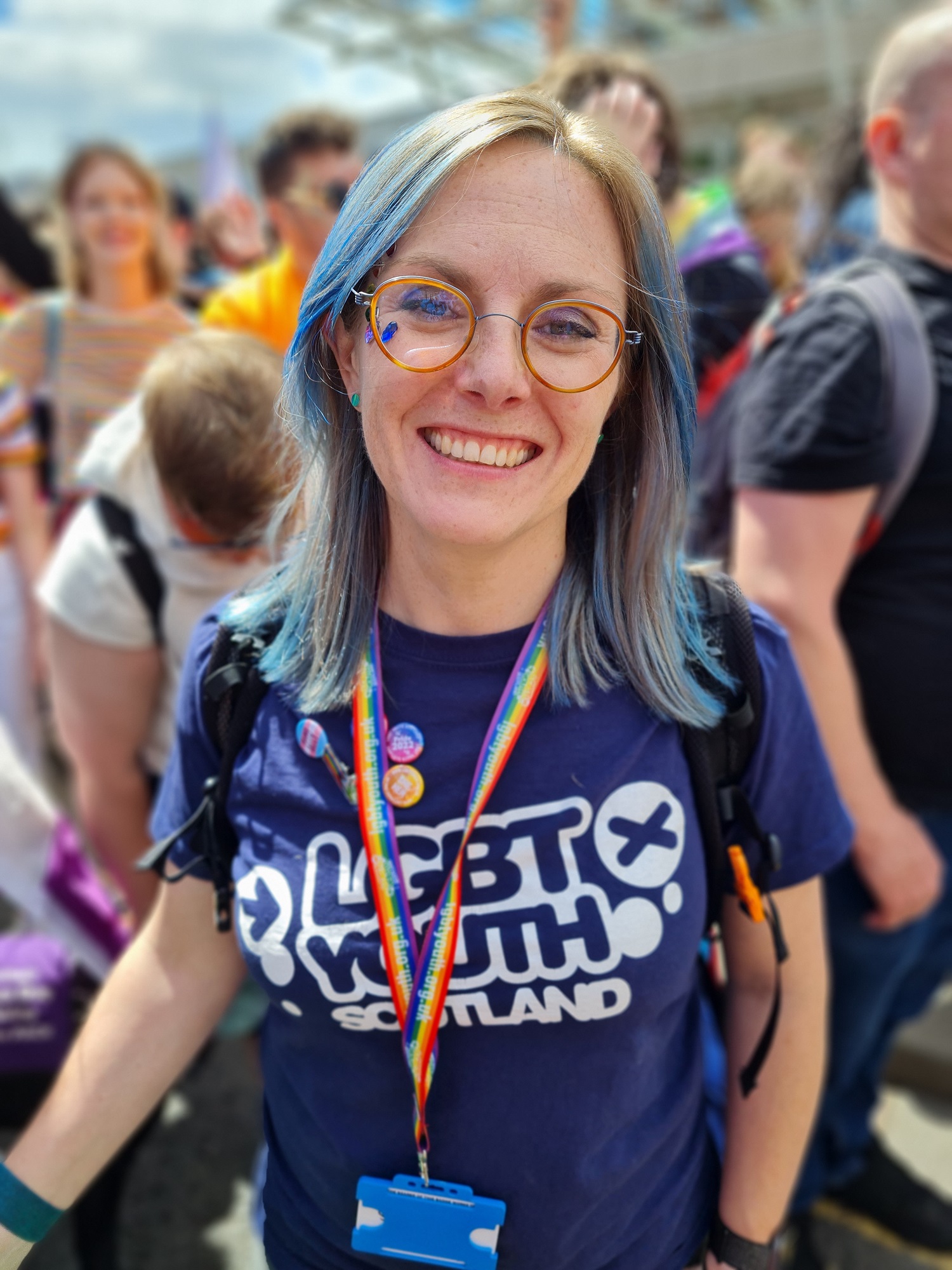More than six in 10 (61%) of rurally based LGBTQ+ young people in Scotland feel that their local area is not a welcoming place, according to a new report.
The damning figure has emerged as the largest ever piece of research involving LGBTQ+ young people in Scotland has found rural environments are the least supportive for community members.
A survey of nearly 1300 LGBTQ+ youth from local authorities nationwide, found that homophobia and transphobia was more prevalent in rural settings than urban.
The stark findings come as part of the latest instalment of the 15-year-long Life in Scotland study created by prominent charity LGBT Youth Scotland.
Dr Mhairi Crawford, LGBT Youth Scotland’s Chief Executive, said: “LGBTQ+ young people deserve to flourish and thrive no matter where they live, and this report highlights that there is more to be done across Scotland, especially in rural environments.
“The findings from this report underline the unique challenges isolation presents LGBTQ+ young people living in rural areas.
“This is further intensified by the absence of dedicated support services, which simply isn’t good enough.

Photo: Dr Mhairi Crawford at Edinburgh Pride
Photo Credit: LGBT Youth Scotland
“If we want to champion LGBTQ+ equality in every part of Scotland, we must amplify the voices of the young people in rural Scotland who know these communities best.
“Their lived experiences must shape every policy decision, steer each new initiative, and lead the charge for progress.”
The report has called on the Scottish Government as well as local authorities for greater investment in LGBTQ+ awareness and education programmes, as well as long term youth work to help improve inclusivity.
Minister for Equalities, Migration & Refugees, Emma Roddick said: “LGBT Youth Scotland’s Life in Scotland report is an opportunity to reflect on the experiences of LGBTQI+ young people, understand the challenges that they face, and measure the impact of our work to build a fairer Scotland.
“It is clear that many LGBTQI+ young people in rural areas face unique challenges, simply because of where they live. This is unacceptable.
“The Scottish Government will continue to work with stakeholders, including funding LGBT Youth Scotland to continue their research, to improve the experiences of LGBTQI+ young people no matter where they live.”
The study highlights a profound sense of isolation due to limited resources, sparse social support, and transportation difficulties.
Alarmingly, only 37 per cent of LGBTQ+ youth in rural areas felt that there were safe spaces available for socialising and expressing their identities, in contrast to 48 per cent in non-rural regions.
Additionally, the report acknowledges that despite significant strides in LGBTQ+ education across Scotland, many young people in rural areas have yet to benefit from inclusive education initiatives.
Moreover, people experiencing LGBTQ+ hate crimes have expressed a lack of confidence in the police’s ability to handle such incidents, prompting calls for Police Scotland to enhance support for LGBTQ+ young people in rural areas and improve the reporting process for hate crimes.
Speaking on the actions required to provide greater support, Dr Crawford said: “It’s crucial for the Scottish Government, local authorities, and funders to invest sustainably in youth services for LGBTQ+ young people in rural areas.
“While digital tools are vital, physical gatherings are needed to combat isolation and build community and improved wellbeing.
“Inclusive services, workplaces, and education, supported by programs like the LGBT Charter, are essential for LGBTQ+ young people to feel safe and welcomed in their communities.
“Every LGBTQ+ young person should have the chance to flourish, irrespective of their geographical location.
“If Scotland is to become a place where personal young people can thrive, it is imperative that decision-makers and service providers really listen to the insights of LGBTQ+ young people in rural areas and engage in collaborative efforts with local communities to craft effective solutions.”
LGBT Youth Scotland is Scotland’s national charity for Lesbian, Gay, Bisexual, Transgender, Queer & Questioning and Intersex (LGBTQ+) young people aged 13-25. LGBTQ+ young people face unique and additional barriers to realising their potential and LGBT Youth Scotland works alongside young people to remove those barriers; working with young people individually and amplifying their collective voices to influence change.
The charity was recently awarded the Participation and Youth Voice award at the National Youth Work Awards for its work with the Trans Rights Youth Commission, and a judge’s commendation at the Proud Scotland Awards for the Charity Initiative award.
For more information on LGBT Youth Scotland visit: www.lgbtyouth.org.uk.


